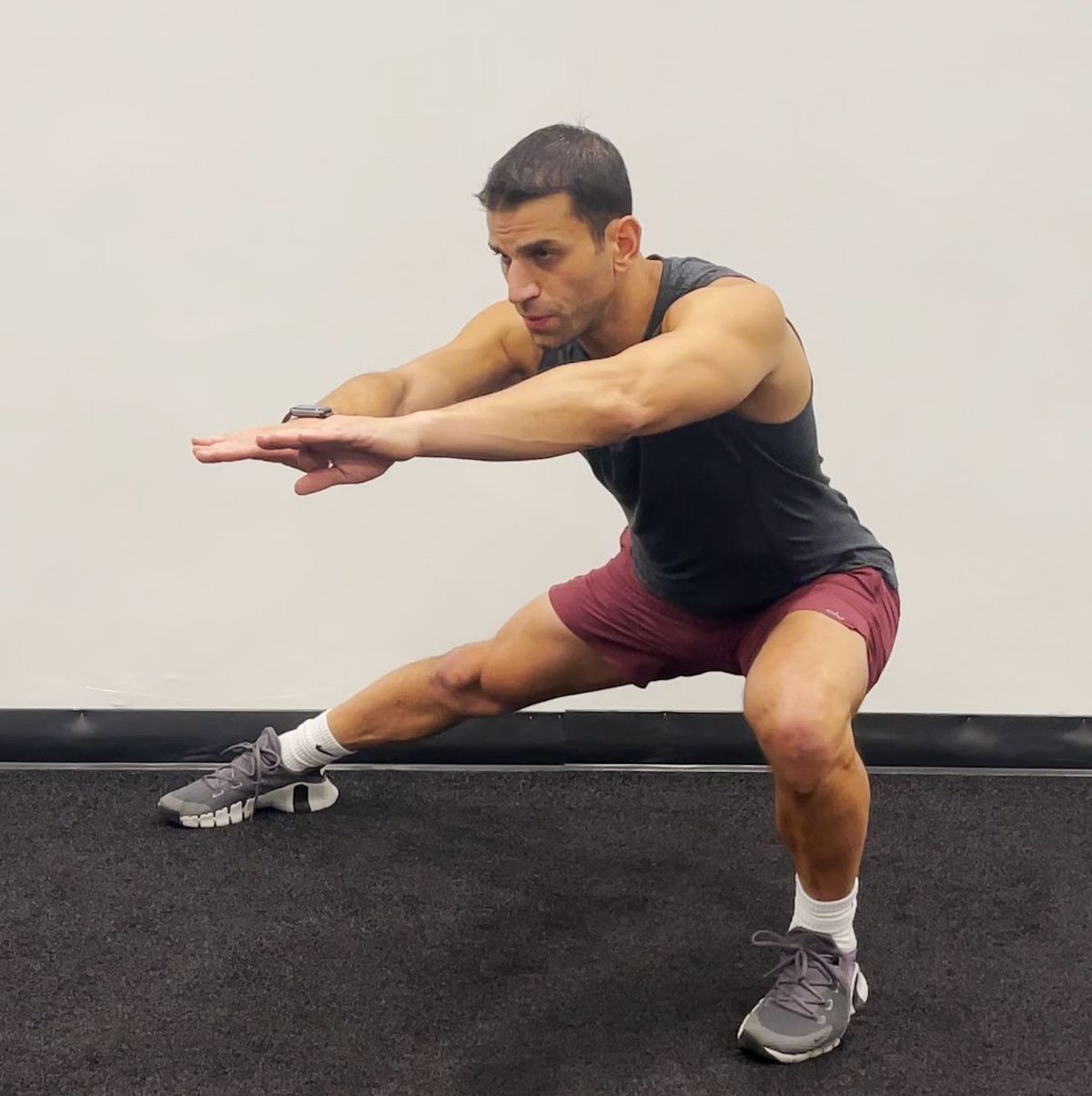
Unlocking the Power of Single Exercise for Whole Body Fitness
In the realm of fitness, the allure of simplicity often holds sway over complexity. What if a single exercise could provide a comprehensive workout for your entire body? Let’s delve into the concept of single exercises for whole body fitness and explore their potential benefits and applications.
The Essence of Single Exercise Efficiency
In a world filled with endless workout routines and elaborate exercise regimens, the idea of a single exercise that targets multiple muscle groups simultaneously might seem too good to be true. However, proponents of this approach argue that simplicity can indeed yield remarkable results. The key lies in selecting compound movements that engage multiple joints and muscle groups in a single motion.
Maximizing Muscle Engagement
One of the primary advantages of single exercises for whole body fitness is their ability to maximize muscle engagement. Compound movements such as squats, deadlifts, lunges, and push-ups recruit a multitude of muscles across various regions of the body, including the legs, glutes, core, chest, back, and arms. By performing these exercises with proper form and technique, individuals can effectively target multiple muscle groups in each repetition.
Efficient Time Management
In today’s fast-paced world, time is often cited as a barrier to regular exercise. Single exercises offer a solution to this challenge by streamlining the workout process. Rather than spending hours in the gym performing isolated exercises for each muscle group, individuals can achieve a full-body workout in a fraction of the time by focusing on compound movements. This efficiency makes it easier to incorporate exercise into busy schedules without sacrificing effectiveness.
Functional Fitness Benefits
Beyond mere muscle building, single exercises for whole body fitness also promote functional strength and movement patterns. Many compound movements mirror real-life activities and require coordination, balance, and stability. By training the body in a holistic manner, individuals can improve their ability to perform daily tasks, participate in sports and recreational activities, and reduce the risk of injury.
Balanced Muscle Development
Another advantage of single exercises is their ability to promote balanced muscle development. Unlike isolation exercises that target specific muscles in isolation, compound movements stimulate multiple muscle groups simultaneously. This balanced approach helps prevent muscular imbalances, which can lead to poor posture, decreased athletic performance, and increased susceptibility to injury. By incorporating compound exercises into their routine, individuals can achieve a more symmetrical and proportionate physique.
Variety and Adaptability
While single exercises form the foundation of many workout routines, their versatility allows for endless variations and modifications. By adjusting parameters such as weight, repetitions, sets, tempo, and rest intervals, individuals can tailor single exercises to suit their fitness goals, preferences, and fitness levels. Additionally, incorporating different variations of compound movements can prevent boredom, plateaus, and overuse injuries while promoting continued progress and adaptation.
Safety Considerations and Proper Form
As with any exercise regimen, safety should always be a top priority when performing single exercises for whole body fitness. Proper form and technique are essential to maximizing effectiveness while minimizing the risk of injury. Individuals should start with lighter weights and gradually increase resistance as they become more proficient. Additionally, seeking guidance from a qualified fitness professional can help ensure proper execution and reduce the likelihood of injury.
Integrating Single Exercises into Your Routine
Incorporating single exercises into your workout routine doesn’t mean abandoning other forms of exercise altogether. Instead, think of them as a foundational component that can be supplemented with additional exercises as needed. For example, you might start your workout with compound movements to target multiple muscle groups, followed by isolation exercises to focus on specific areas of weakness or imbalance.
Tracking Progress and Adjustments
As with any fitness endeavor, tracking progress and making adjustments are crucial for long-term success. Keep a workout journal or use a fitness app to record your exercises, sets, repetitions, and weights. Monitor your progress over time and make adjustments to your routine as needed to ensure continued growth and adaptation. Remember that consistency and patience are key, and results will come with dedication and effort.
Embracing the Potential of Single Exercises
In conclusion, single exercises for whole body fitness offer a streamlined and effective approach to achieving optimal health and wellness. By incorporating compound movements into your workout routine and focusing on proper form and technique, you can maximize muscle engagement, improve functional fitness, and promote balanced muscle development. Whether you’re a seasoned athlete or a novice gym-goer, embracing the potential of single exercises can help you unlock your full fitness potential and achieve your goals. Read more about single exercise for whole body